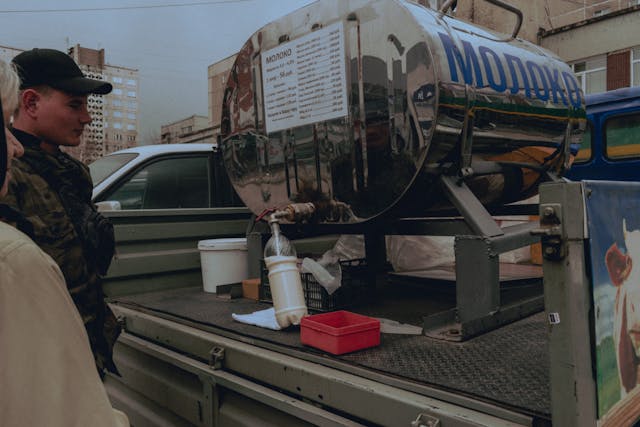What is the Global Specialised Humanitarian (subclass 202) Visa?
The Global Specialised Humanitarian (subclass 202) Visa is designed for applicants who face substantial discrimination or abuse of their human rights. Applicants must have a proposer (see below) and immediate family in Australia to stay with.

What can you do on the 202 Visa?
- Live in Australia permanently
- Find employment
- Study in Australia
- Attend free English language classes provided by the Adult Migrant English Program (AMEP)
- Propose eligible family members to come to Australia
- Enrol in Australia’s public health scheme (Medicare)
- If eligible you can apply for Australian citizenship
- Travel to and from Australia as many times as you’d like within the first 5 years of the visa being granted. After this you may need to apply for a resident return visa to re-enter Australia as a permanent resident.
Note: When working, you are protected by Australian workplace law. See your workplace rights and entitlements.
Am I eligible for the 202 Visa?
- Be living outside Australia and outside your home country at the time of your application lodgement
- Have a proposer, an Australian citizen, an Australian Permanent resident or an organisation in Australia. Immediate family members can also propose you for the 202 Visa if they meet the requirements for a split-family application.
- Meet health and character requirements
- Have signed the Australian values statement
- Have paid back any outstanding debt to the Australian government
- Be in Australia at the time of application (secondary applicants you are including in your application can be in or outside Australia at the time of application but cannot be in immigration clearance)
Note: Your proposer holds requirements to help the applicant settle in Australia
How much does the 202 Visa cost?
There is no visa application charge for this visa unless you are proposed under the Community Support Program by an Approved Proposing Organisation.
Additional costs: Your proposer might need to pay for your travel to Australia if you are unable to.
Note: The International Organization for Migration (IOM) offers a range of travel assistance for Global Special Humanitarian (subclass 202) Visa holders
This includes their No-Interest Loan Scheme (NILS). They can provide you with:
- a no-interest loan of up to 75% of the travel costs for you and your family to come to Australia under NILS
- travel bookings
- advice and necessary support for your family’s journey to Australia
Family members you can include in the 202 Visa application
Under the 202 Visa, you can include eligible family members in your application, you can also add family members at any point after lodging an application before the department makes a decision on your application. All family must meet Australian health and character requirements.
Family members for this visa include
- Your partner
- Dependent children
- Your partners dependent children
- Other relative that is dependant (this includes children, sibling/s, parent, grandparent, grandchild, aunt, uncle, niece, nephew or cousin)
If your child or family are not dependant on you or your partner, they must apply for their own visa
Note: You must declare all family members, even if they are not applying with you. Or you will not be able to propose them for a refugee or humanitarian visa at a later time.
How long can you stay on the 202 Visa?
This is a permanent visa; it allows indefinite stay in Australia.
Note: under the 202 Visa, you become a permanent resident as soon as you enter Australia
What are my obligations on the 202 Visa?
- You must obey all Australian laws and meet all visa conditions attached to your 202 Visa
- You must enter Australia by the date on your visa grant letter issued by the Department of Home Affairs (DoHA)
- Inform the department if anything changes. This includes changes to your relationship status, the birth of a child (or stepchild) and any changes to personal details such as phone number, address or passport.
Health insurance under the 202 Visa
Holders of a Subclass 202 Visa are eligible to enrol in Australia’s public-health cover (Medicare).



